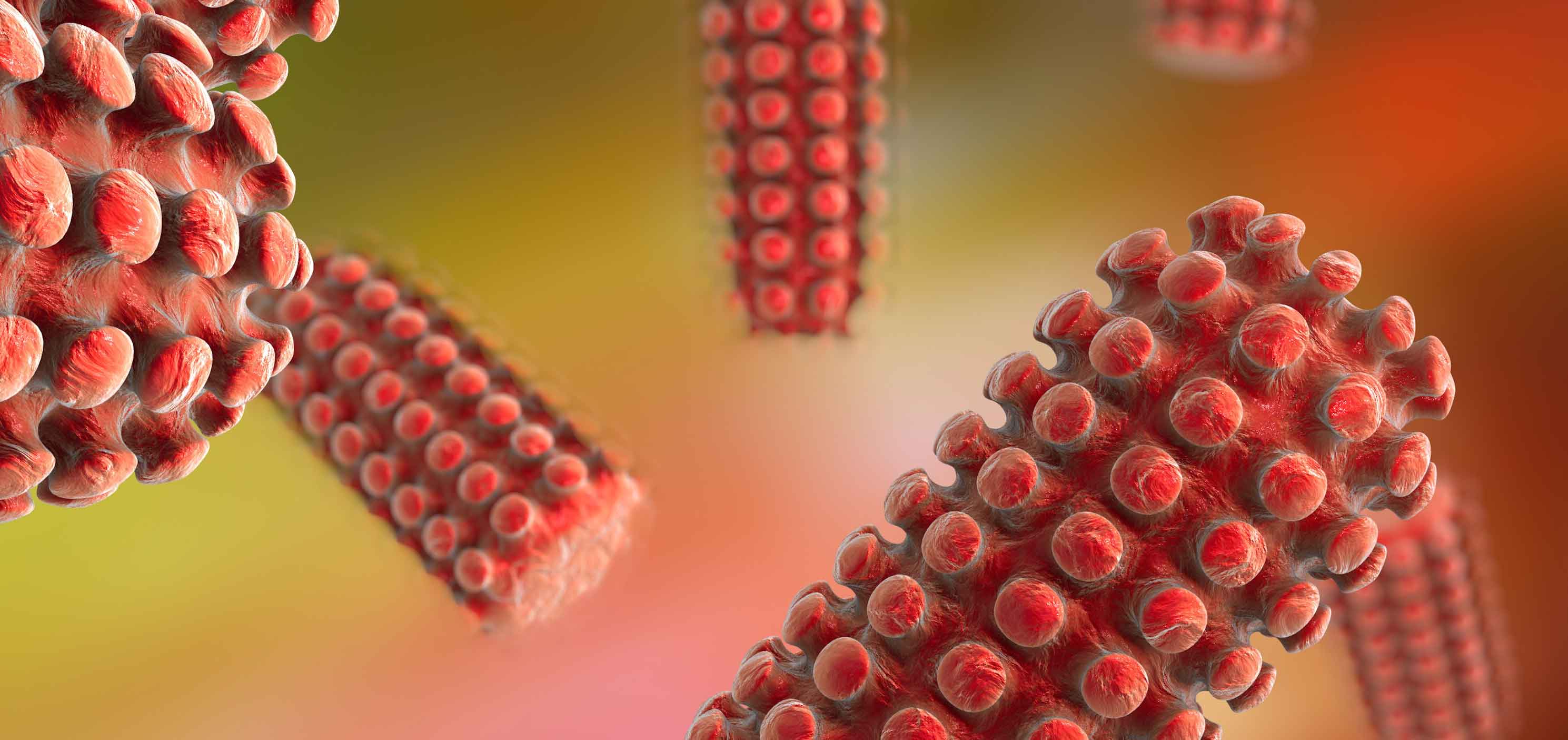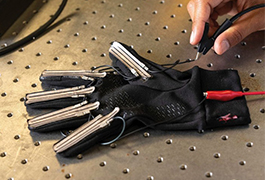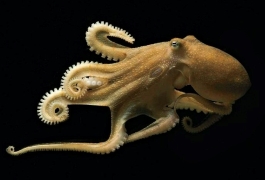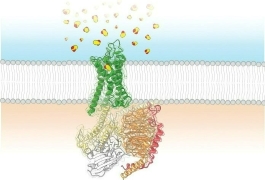Rabies Trick Could Help Treat Parkinson’s Disease

Parkinson's disease, the slow degeneration of the brain cells that control movement, affects about one million Americans, according to the Parkinson's Foundation, and there is no cure. Although the exact cause of Parkinson's disease is unknown, a common feature of the illness is the accumulation of iron in neurons, inflicting damage and cell death. Currently, some doctors use a metal-grabbing compound called deferoxamine to sop up the excess iron in patients. But the drug has limited capacity to enter the brain, so high doses are needed, which bring on serious side effects.
To lower the effective dose, Yan-Zhong Chang, Xin Lou, Guangjun Nie, and colleagues turned to the rabies virus to find a way to usher deferoxamine into the brain more efficiently. The rabies virus wreaks havoc on the brain, triggering psychosis and death. To get where it needs to go, the virus tricks the nervous system into letting it cross the blood-brain barrier, the researchers reported in ACS Nano.
The key to the virus’s success is glycoprotein 29. Glycoprotein 29 is a part of the rabies virus that binds to a brain cell receptor and crosses the blood-brain barrier. The researchers attached glycoprotein 29 to a polymeric nanoparticle stuffed full of deferoxamine. Then, they injected the iron-grabbing nanoparticles into mice bred to model Parkinson's disease.
The iron levels in the mouse brains dropped, reducing the brain damage and reversing the disease symptoms without noticeable side effects. Since all of the components in the therapeutic agent are already approved for use in the clinic, the researchers are looking toward human trials.
The authors acknowledge funding from the National Natural Science Foundation of China, the National Distinguished Young Scientists program, the Innovation Research Group of the National Natural Science Foundation, the Key Research Project of Frontier Science of the Chinese Academy of Sciences, the Queensland−Chinese Academy of Sciences Collaborative Science Fund, and the Beijing Municipal Science & Technology Commission.
Read more about the research in ACS Nano: Targeted Brain Delivery of Rabies Virus Glycoprotein 29-Modified Deferoxamine-Loaded Nanoparticles Reverses Functional Deficits in Parkinsonian Mice
This article is adapted from the ACS press release, “Rabies Trick Could Help Treat Parkinson’s Disease," https://www.acs.org/content/acs/en/pressroom/presspacs/2018/acs-presspac-april-25-2018/rabies-trick-could-help-treat-parkinsons-disease.html




